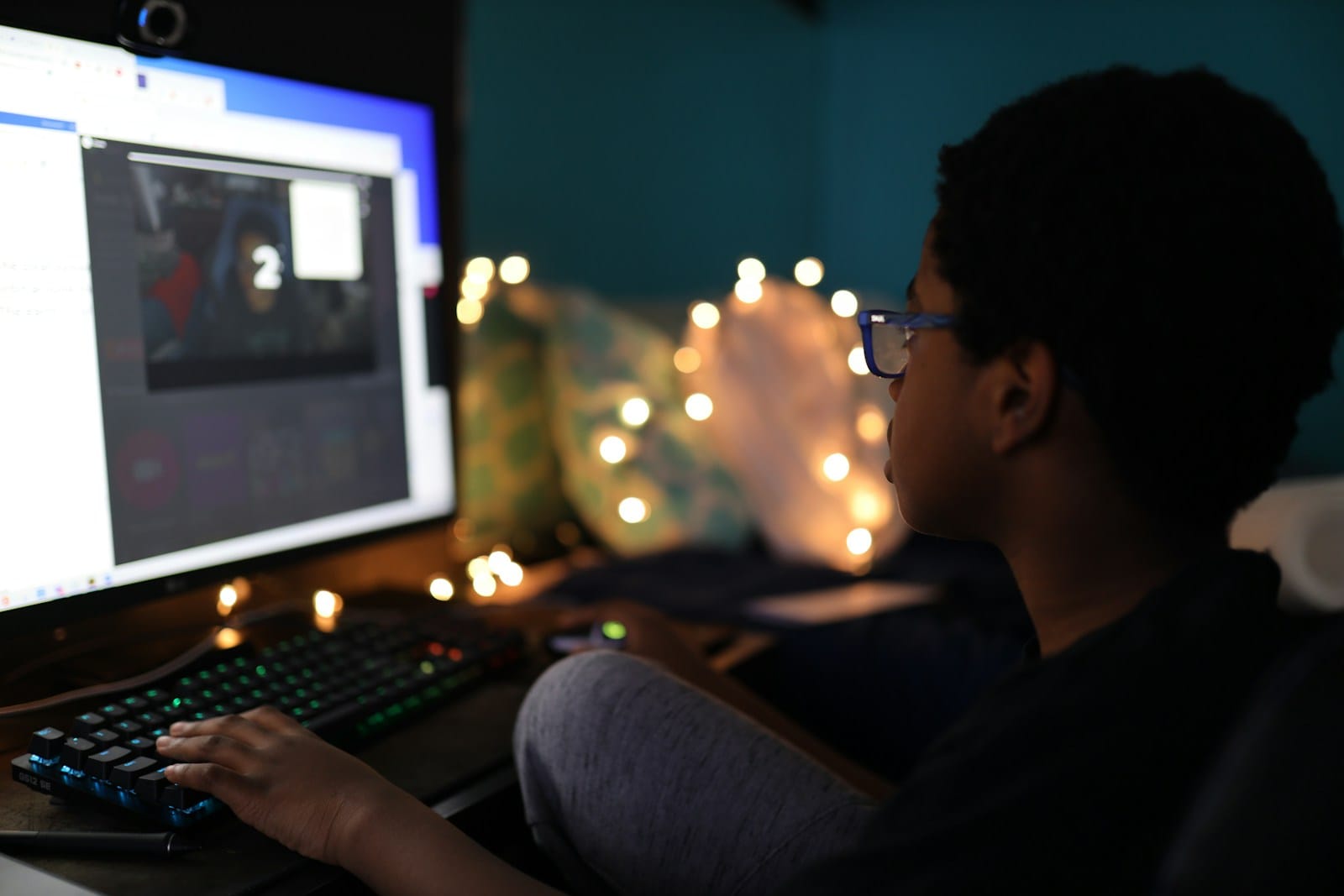Gaming Technology Tackles Music Education’s Motivation Crisis
Gamified music education apps like Pitch Race blend artificial intelligence and interactive learning to boost engagement and retention among young musicians

Music practice has long been the bane of countless childhoods. Parents battle nightly with reluctant young violinists and pianists who’d rather be gaming than grinding through scales. Teachers watch promising students quit lessons after just a few months, citing boredom and frustration. It’s little wonder many children abandon musical instruments within two years of starting lessons, with lack of enjoyment and motivation often cited as the primary reasons they quit.
This engagement crisis in music education stems from more than mere childhood restlessness. Studies reveal that adults who quit music lessons as children frequently cite dissatisfaction with materials, lack of fun in practice sessions and a general loss of interest as key factors. The traditional approach to instrumental learning – repetitive exercises, technical drills and formal instruction – increasingly fails to capture young minds raised on interactive digital entertainment.
The Rise of Gamified Learning Solutions
We don’t run ads or share your data. If you value independent content and real privacy, support us by sharing.
Some developers are tackling this head-on, helping to bridge gap between children’s natural gaming instincts and the need for musical skill development. Australian company Web Ed Development recently launched Pitch Race , a new application that transforms music practice into an interactive racing experience. The game uses pitch recognition technology to turn musical performance into gameplay, where playing correct notes accelerates virtual race cars whilst mistakes slow progress or cause steering issues.
‘Kids love video games but often dread music practice,’ explains Jon Adams, creator of Pitch Race. ‘So we thought – why not combine the two? Pitch Race makes practicing fun and interactive, and helps kids build real musical skills in the process.’
The concept taps into a broader movement within education technology. Gamification in educational settings has shown remarkable results, with students using gamified learning demonstrating a 34% improvement in test scores compared to traditional methods. The global gamification education market, valued at £1.14 billion in 2024, is projected to reach £18.63 billion by 2033.
Technology Meets Traditional Practice
Pitch Race works by analysing musical input through device microphones, supporting instruments including violin, trumpet, piano and voice. Players control race cars through accurate pitch production – the better they play, the faster they race. The system features six difficulty levels designed to progressively challenge musical ear development and performance technique.
This approach addresses fundamental issues in music education retention. Research published in academic journals identifies autonomy, competence and enjoyment as crucial factors determining whether children continue musical study. Traditional lesson structures often undermine these elements, particularly when students feel pressured by parents rather than internally motivated.
Market Timing and Educational Trends
Youth Music’s 2024 report , surveying 2,100 children and young people, revealed significant declines in school music programmes, with only 11% of parents believing their children will receive adequate musical education in formal settings. Simultaneously, digital and informal music-making approaches are gaining traction amongst young people.
Music learning applications represent a growing sector, with platforms like Yousician and Simply Piano attracting millions of users worldwide. These apps leverage artificial intelligence, personalised feedback systems and social networking features to make musical learning more accessible and engaging. However, most focus on screen-based interaction rather than real instrument practice.
Pitch Race’s emphasis on actual instrumental performance distinguishes it from purely digital music games. The application maintains the physical and technical aspects of traditional music learning whilst adding the motivational elements that keep children engaged with gaming platforms.
Educational Impact and Future Implications
The potential impact extends beyond individual practice sessions. Music educators increasingly recognise the need for tools that supplement classroom instruction with targeted skill development. Ear training applications and pitch-matching exercises have emerged as valuable supplements to traditional teaching methods, offering students additional practice opportunities outside formal lesson times.
Educational research consistently demonstrates music’s benefits for cognitive development, with musical training improving language skills, mathematical understanding and spatial reasoning. However, these advantages only materialise when children remain engaged long enough to develop real proficiency. Tools that make practice enjoyable could significantly improve retention rates in music education.
The broader implications suggest a fundamental shift in how musical instruction might evolve. Rather than replacing traditional teaching methods, technology-enhanced practice tools could serve as bridges between formal instruction and independent skill development. They address the motivation gap that often derails musical education whilst maintaining focus on genuine musical competency.
As digital natives increasingly dominate student populations, educational approaches that ignore their technological preferences risk irrelevance. Music education, with its traditionally conservative teaching methods, faces particular challenges in adapting to changing student expectations whilst preserving the disciplinary rigour necessary for musical development.
Wider Applications and Future Developments
The success of gamified learning extends beyond music into various educational domains. Language learning applications like Duolingo have revolutionised foreign language acquisition through game-like progression systems, streak counters and achievement badges. Similar principles applied to musical instruction could yield comparable engagement improvements.
Looking ahead, the integration of gaming elements into music education seems likely to expand. Virtual reality environments, augmented reality instrument overlays and sophisticated artificial intelligence feedback systems represent emerging possibilities. However, the fundamental challenge remains consistent: maintaining the balance between entertainment value and educational substance.
For parents struggling with reluctant young musicians, tools like Pitch Race offer potential solutions to practice battles. Rather than forcing children through tedious exercises, gamified practice systems could transform musical development into something children actively seek rather than avoid.
The broader music education community will likely watch such developments with keen interest. If technology-enhanced practice tools can demonstrably improve retention rates whilst maintaining educational quality, they could represent significant advances in addressing long-standing challenges in musical instruction.
Pitch Race joins a growing ecosystem of educational gaming applications designed to make learning more engaging and effective for digital generation students, available through Steam and positioned to help bridge the persistent gap between children’s entertainment preferences and educational necessities.
About Web Ed Development

Web Ed Development is a leading innovator in educational gaming. Under its Cloud Lessons initiative, the company develops interactive learning tools that combine education with entertainment. With a focus on music education, Web Ed Development is committed to making learning fun, engaging, and effective for students of all ages.
Pitch Race is now available for download on Steam.
Visit the Pitch Race Car Racing page on Steam to learn more and join the race!